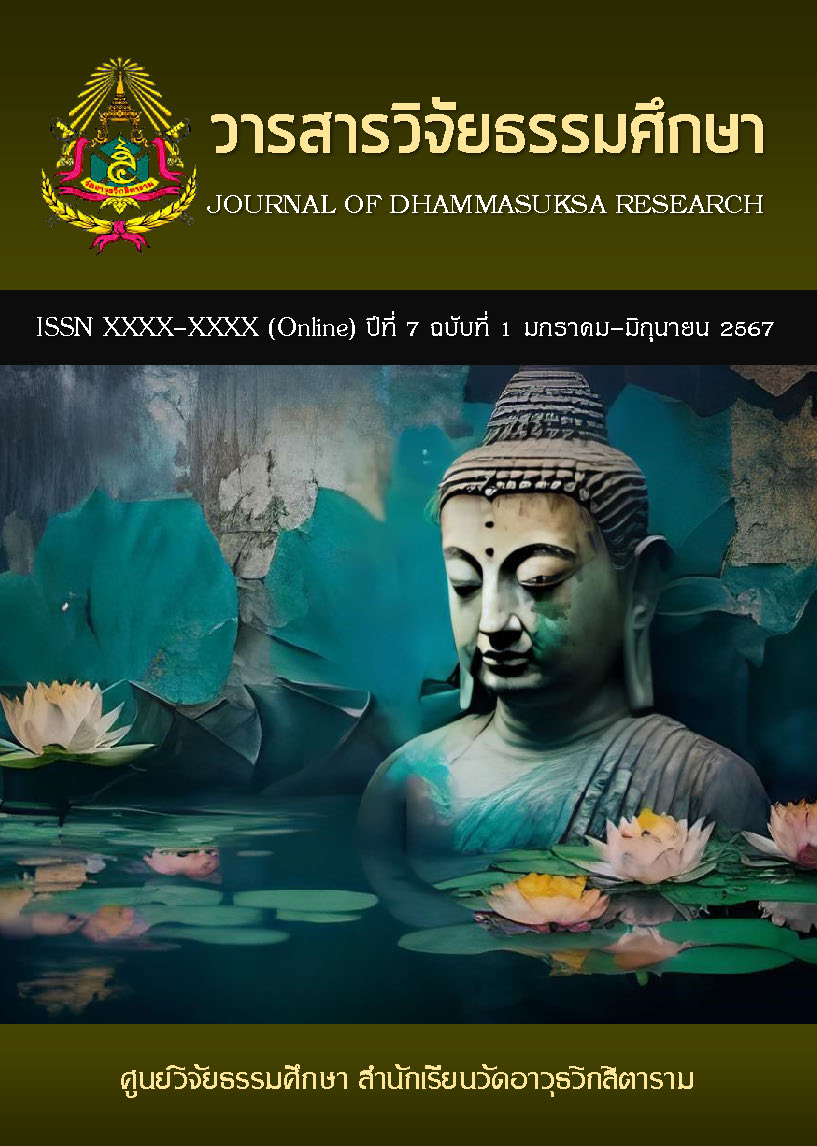The Ethics of Care in Animal Zoo
Keywords:
ethic, care, zooAbstract
The purpose of this research was to: 1) clarify how the postmodern philosophy can provide appropriate care ethics for wild animals and zoo animals; 2) explain that human intelligence instinct is necessary for the conscience of care of wild animals. This research used philosophical research methods to analyze and synthesize the concept of care ethics. The research results showed that in the practice of treating animals, there was a wide range of nurturing, breeding, wildlife possession, and mini-zoos. There is a debate on the ethical practice of confining wild animals for public recreation as a deprivation of wildlife freedom, and cause a change in the bad quality of nature which will result in a balance adjustment according to the Gaia hypothesis, which human beings need to take into account and the value that humans give to animals as equal individuals. The application requires critical mind with the postmodern paradigm philosophy that seeks common ground, preserve differences to achieve collaborative practices, and improve the quality of life for zoo animals and wildlife.
References
กีรติ บุญเจือ. (2546). เริ่มรู้จักปรัชญา ในชุด ปรัชญาและศาสนาเซนต์จอห์น. กรุงเทพฯ : สำนักพิมพ์มหาวิทยาลัยเซนต์จอห์น.
กีรติ บุญเจือ. (2551). คู่มือจริยศาสตร์ตามหลักวิชาการสากล. กรุงเทพฯ : ศูนย์ส่งเสริมและพัฒนาพลังแผ่นดินเชิงคุณธรรม.
แพนด้าถูกรัก ช้างไทยถูกทิ้ง. (เมื่อ 2552, สิงหาคม 10). สืบค้นเมื่อ 2558, 4 มกราคม จาก http://www.siamzone.com/board/view.php?sid=1127748
Best, S. (1999). Zoos and the end of nature. Retrieved 2015, January 6 from http://www.drstevebest.org/ZoosAndTheEnd.htm
Bostock, S.C. (1993). Zoos and Animal Rights: The Ethics of Keeping Animals. Routledge
Craig, E. (1998). Routledge encyclopedia of philosophy. London: Routledge.
Haidt, J. (2012). The Righteous Mind: Why Good People Are Divided by Politics and Religion. New York: Pantheon.
Junhold, J., Oberwemmer, F. (2010). How are animal keeping and conservation philosophy of zoos affected by climate change?. Int.Zoo YB., 45; 99.107.
Ihering R. (1913). Law as a means to an end. trans Husik I. Boston, Boston Book. Retrieved October 20, 2014, from http://socserv2.mcmaster.ca/~econ/ugcm/3ll3/ihering/LawMeansEnd.pdf
Lovelock, J. E. (1979). Gaia: A new look at life on Earth. Oxford University Press.
Norton B.G. (1996). Ethics on the Ark (Zoo & Aquarium Biology & Conservation). Smithsonian Books.
Salk J. (n.d.) 33 best Jonas Salk quotes. สืบค้นเมื่อ 2015, กุมภาพันธ์ 9 จาก http://nlcatp.org/33-best-jonas-salk-quotes/
_______. (n.d.). Thanks to you a better Zoo. Retrieved 2015, January 6 from http://www.oregonzoo.org/discover/new-zoo/thanks-you-better-zoo
_______. (n.d.). สวนสัตว์: ภาพลวงตาของการอนุรักษ์. Animal Activist Alliance (AAA) Thailand สืบค้นเมื่อ 2015, กุมภาพันธ์ 9 จาก https://www.facebook.com/aaathailand/posts/507645195995500
พระราชบัญญัติป้องกันการทารุณกรรมและการจัดสวัสดิภาพสัตว์ พ.ศ.2557. ราชกิจจานุเบกษา. 131 (87ก) ; หน้า 11 จาก http://www.ratchakitcha.soc.go.th/DATA/PDF/2557/A/087/4.PDF
พระราชบัญญัติสงวนและคุ้มครองสัตว์ป่า พ.ศ.2535. สำนักอนุรักษ์สัตว์ป่า ; สืบค้นเมื่อ 2015, กุมภาพันธ์ 9 จาก http://www.dnp.go.th/wildlifednp/index.php?option=com_content&
view=article&id=30&Itemid=6
Additional Files
Published
How to Cite
Issue
Section
Categories
License
Copyright (c) 2024 Journal of Dhammasuksa Research

This work is licensed under a Creative Commons Attribution-NonCommercial-NoDerivatives 4.0 International License.



